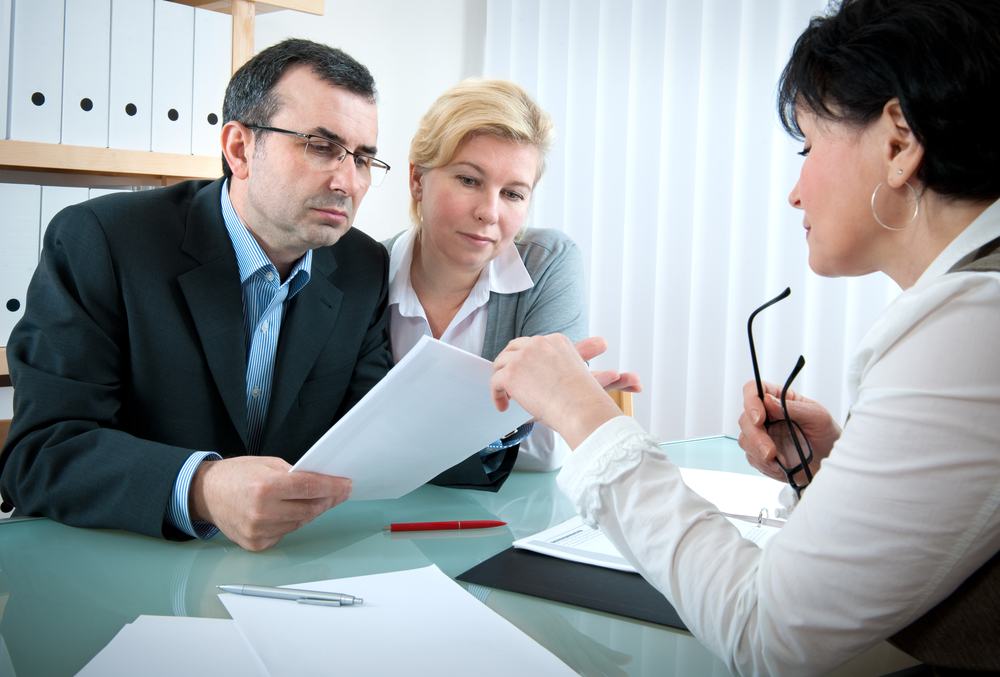
Self driving cars are no longer futuristic prototypes. They are already navigating roads across the United States. From driverless rideshare programs to personal vehicles with autopilot features, autonomous technology is transforming transportation. But as these vehicles become more common, so do the risks of accidents as a car accident lawyer can attest.
When a self driving car is involved in a crash, the legal issues are far more complicated than in a traditional accident. Instead of asking whether a human driver was distracted or speeding, attorneys and courts must consider software errors, sensor failures, and corporate responsibility.
How Self Driving Cars Operate
Unlike human drivers who rely on judgment and experience, autonomous vehicles function through advanced technology. They use:
- Cameras and sensors to identify road conditions, pedestrians, and nearby vehicles
- Radar and lidar systems to measure distance and detect movement
- Machine learning algorithms to make real time driving decisions
- Data logs that record every action the vehicle takes
When something goes wrong, identifying the cause can require reviewing thousands of lines of code or analyzing technical data that only experts can interpret.
Who Could Be Held Liable
One of the greatest challenges in autonomous vehicle accidents is determining responsibility. Several parties may share liability, including:
- The software developer if the artificial intelligence system malfunctioned
- The car manufacturer if a hardware defect or sensor error contributed to the crash
- The operating company such as a rideshare or delivery service if the vehicle was not properly maintained
- A remote operator in semi autonomous systems who failed to take action
- Another driver if their negligence caused or worsened the accident
Unlike traditional cases, there may not be a single driver at fault. Instead, responsibility may lie with several different parties.
Why These Cases Require Specialized Legal Strategies
As our friends at Bridgewater Law Group can share, building a strong case after a self driving car accident often requires:
- Technical data analysis to uncover what the vehicle recorded during the crash
- Expert witnesses including engineers and accident reconstruction specialists
- Investigations into product design to reveal flaws in hardware or software
- Up to date legal knowledge as states adopt new laws on autonomous vehicles
These cases demand both technical fluency and strong legal strategy. Victims often face powerful corporations prepared to defend themselves aggressively.
The Myth Of Perfect Technology
Autonomous vehicles are often promoted as safer than human drivers. While the technology has potential, it is not flawless. Documented incidents have shown self driving cars can:
- Fail to detect pedestrians
- Misinterpret traffic signals
- Struggle in poor weather conditions
- Respond too slowly to sudden obstacles
Technology may reduce some risks, but it also introduces new ones. Victims should not accept excuses when accidents occur. Accountability remains essential.
The Law Is Still Evolving
Another challenge is that laws regarding autonomous vehicles are still developing. Some states have passed specific rules, while others rely on traditional personal injury and product liability laws. Courts continue to shape how these cases are handled, creating an uneven and constantly changing legal landscape.
For individuals injured in these accidents, the uncertainty can be overwhelming. This is why it is critical to work with attorneys who follow the latest regulations and court decisions.
Self driving cars may represent the future of transportation, but the legal issues they create are complex. Instead of one negligent driver, responsibility may involve manufacturers, software companies, and fleet operators.
If you or a loved one is injured in a crash with an autonomous vehicle, do not let the technology discourage you. Behind every system there are accountable parties. The law is adapting, and victims have the right to answers and full compensation when the machines we trust make mistakes. Contact an attorney near you for help.
